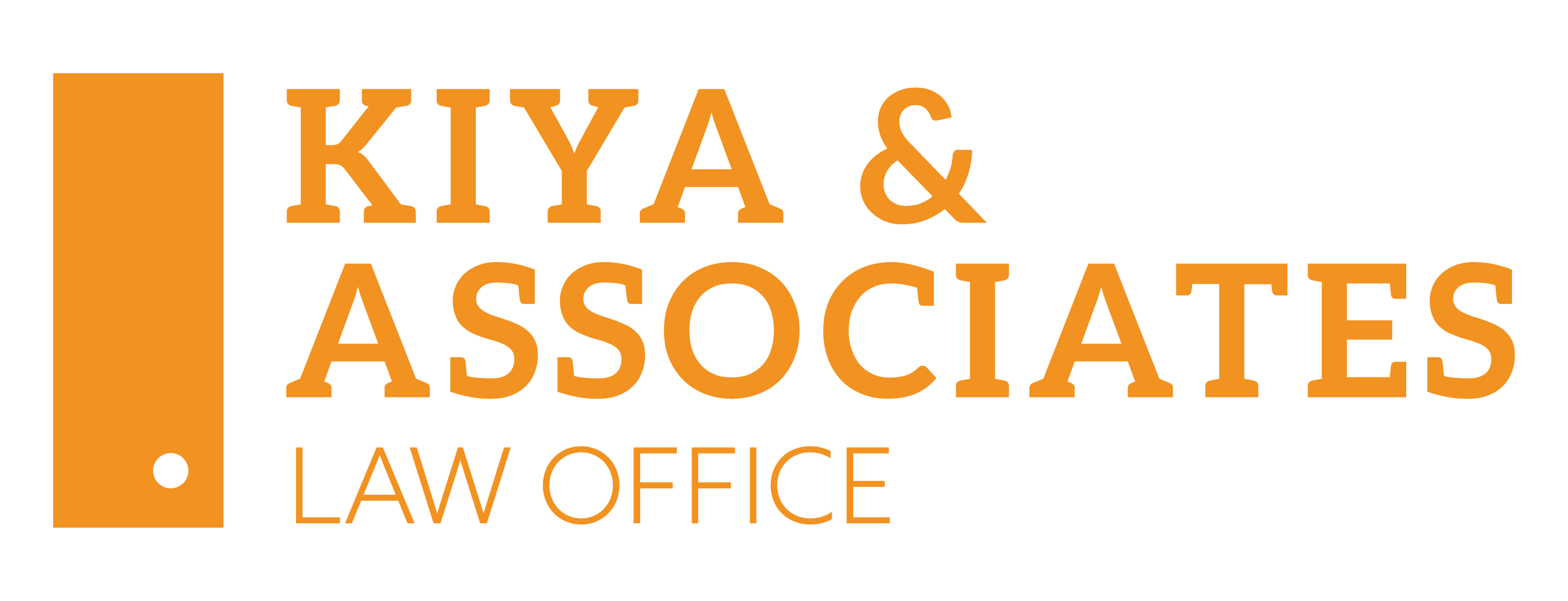Key Provisions of the Proclamation
The proclamation begins by clearly defining “asset” in broad terms to include movable and immovable property, tangible and intangible resources, bank accounts, bonds, shares, virtual assets such as cryptocurrencies, and any income derived from them. “Asset recovery” is defined as the complete process of identifying, tracing, freezing, seizing, managing, and ultimately confiscating property obtained through criminal activity or unexplained means. The scope of the law extends to both natural and legal persons under Ethiopian jurisdiction. While certain categories—such as government institutions, religious organizations, and international bodies may be exempt from its application, the law’s reach is otherwise extensive. One of its most notable features is its retroactive application to unexplained assets acquired up to ten years prior to its enactment, provided that the asset’s total value exceeds ten million birr.
The investigative powers granted under the proclamation are also significant. Investigations may be initiated upon credible information received from law enforcement, the Financial Intelligence Service, whistle-blowers, or through the independent action of prosecutors. Once an investigation begins, the individual in question is required to explain the lawful origin of their assets. If they fail to provide satisfactory evidence, the law allows an assumption that the assets were acquired unlawfully. Authorities are empowered to employ both general investigative techniques such as reviewing financial statements, property records, and business licenses and special techniques, including bank monitoring, interception of communications, and digital surveillance. These special measures require prior court authorization, although emergency use is permitted with ministerial approval, provided that judicial review follows promptly. Importantly, statements made during such proceedings are protected from being used against the individual in subsequent criminal cases, except where forged or false evidence is involved.
In terms of asset control, the proclamation authorizes freezing orders that can last up to three working days without court approval in urgent cases where there is a risk of asset dissipation; longer freezes require judicial authorization. The law allows for both conviction-based and non-conviction-based confiscation. In conviction-based cases, assets are recovered following a criminal verdict, while in non-conviction-based cases, recovery can occur when prosecution is not possible such as due to the suspect’s death, disappearance, or lack of sufficient evidence for a criminal case using a civil standard of proof. This effectively shifts the burden to the asset holder to demonstrate a legitimate source of wealth.
Implications and Potential Risks
The enactment of the Asset Recovery Proclamation carries significant implications for individuals, businesses, and financial institutions. For individuals and companies, it introduces a heightened duty to maintain clear records of asset acquisition, as failure to do so could result in confiscation. Businesses operating in Ethiopia may face increased scrutiny of their transactions and asset holdings, while financial institutions will need to adapt compliance frameworks to accommodate more stringent asset tracing and reporting requirements. The inclusion of virtual assets within the law’s scope means that the digital economy and cryptocurrency sectors will also be closely monitored. Whistle-blowers may be incentivized through rewards when their information leads to successful asset recovery, though such benefits are not available to those directly involved in ongoing investigations.
Despite its potential benefits, the proclamation has attracted criticism and raised concerns about possible overreach. Its retroactive nature, coupled with the lower civil standard of proof, has led to debates over the protection of property rights and the risk of politically motivated misuse. There are also practical challenges in ensuring fair, transparent, and consistent application of the law, given the complexity of financial investigations and the need for advanced technical expertise. Moreover, there is a risk that aggressive enforcement could undermine investor confidence, particularly among foreign investors who may fear arbitrary asset freezes or confiscations.
Conclusion and Way Forward
Proclamation No. 1364/2025 represents a landmark reform in Ethiopia’s fight against illicit enrichment and economic crime. By creating a comprehensive legal framework for tracing, freezing, and confiscating unlawfully obtained assets, it aligns Ethiopia with international best practices in asset recovery. However, its success will largely depend on the capacity of enforcement institutions, the integrity of judicial oversight, and the government’s ability to balance robust enforcement with the protection of legitimate property rights and economic stability. Clear procedural safeguards, transparency, and targeted implementation will be critical in ensuring that the proclamation fulfills its intended purpose without stifling lawful enterprise or undermining public trust.

